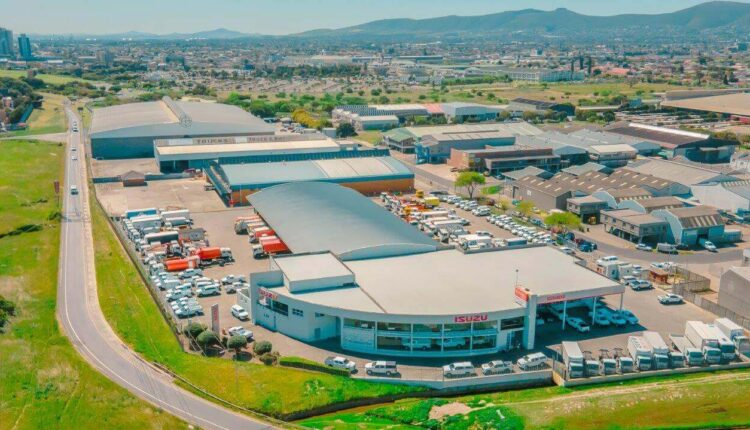Why the Western Cape’s industrial property sector is booming
The Western Cape portfolio consists of distribution warehouses and last-mile logistics buildings, with a collective market value of more than half a billion rand. “The properties also boast energy-efficient features that support responsible and sustainable investing,” says Young.
- Advertisement -
Cape Town industrial property continues to see positive growth as the city is seen as the better place to live and do business. Urban Growth Property Group (Urban Growth) is not letting this opportune moment pass it by and is taking the lead and growing its property portfolio.
Urban Growth is an independent property investment company operating in South Africa.
- Advertisement -
But what’s contributing to this growth?
- Advertisement -
- Cape Town’s roads and infrastructure are well maintained.
- There is a limited supply of industrial property in the area.
- The industrial property sector has been the best-performing property sector in South Africa over the past year.
- Tenants require protection from loadshedding and the financials for off-grid industrial properties makes better sense.
Urban Growth’s portfolio consists of completely off-grid, Grade-A industrial properties located in the Western Cape.
According to Urban Growth, the aim is to generate a reliable, consistent, and growing income stream, coupled with capital growth, primarily through investments in South African real estate via debt instruments and a profit share backed by property assets.
Urban Growth, led by Group CEO Colin Young and Director and Co-founder Ross Gregory, boasts a distinguished blue-chip background and a successful track record in the industrial property sector.
Young emphasises Urban Growth’s focus on adding economic value to urbanisation growth in South Africa and beyond. The company specialises in large-scale supply chain logistics industrial property and collaborates with world-class property professionals to maximise the human and investment capital returns on its projects.
- Advertisement -
The Western Cape portfolio consists of distribution warehouses and last-mile logistics buildings, with a collective market value of more than half a billion rand. “The properties also boast energy-efficient features that support responsible and sustainable investing,” says Young.
To ensure consistent returns, the tenants of the properties are national and international businesses with strong financials and leases of at least five years.
Young highlights the strategic advantages, explaining, “The properties are off-grid, so there is no worry about load-shedding and the carbon usage is low and, on top of this, it generates good cash flow.”
Gregory points out that “South Africa, in general, offers good value in terms of property — both residential and industrial – but the Western Cape location adds enormously to the development’s value.
“The supply chain industry is booming in the province and people are coming to the region from far and wide — both locally, through semigration, and globally. The influx of people means more infrastructure, more houses, more business, and you can rely on the support of the provincial government and a sound provincial economy.”
Further testament to the resilience of the portfolio is that all properties have undergone vetting by Investec Private Bank and Nedbank Private Wealth, the portfolio’s principal banking partners.




- Advertisement -


